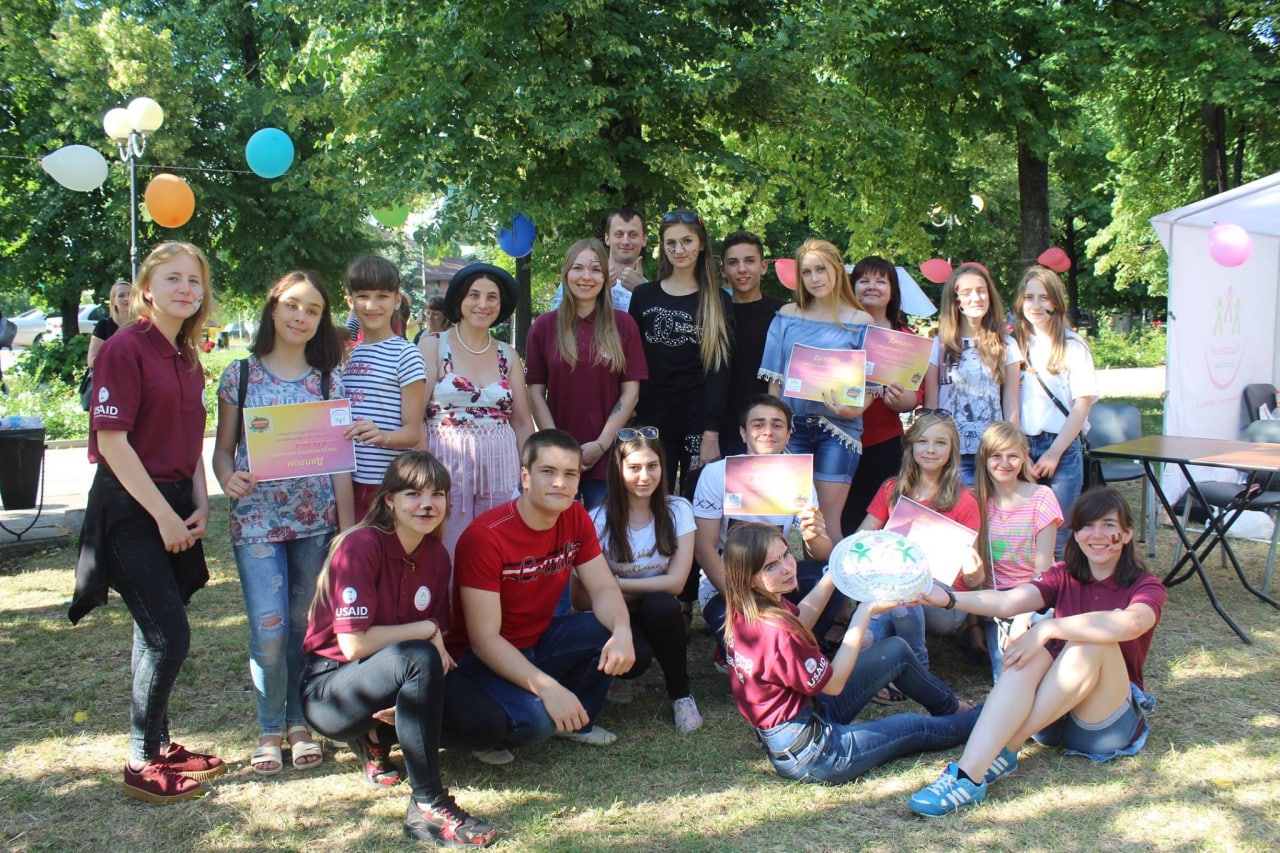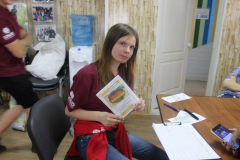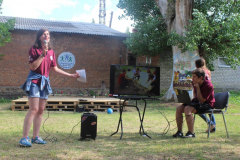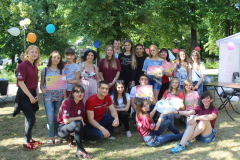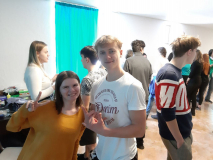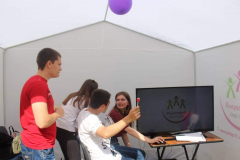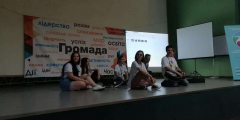Sofia Bambulya, a 4th-year student of the Horliv Institute of Foreign Languages of the DVNZ of the DDPU, developed the photo quest "Eyes of the Youth" and shared the history of the creation of this project.
"It all started in 2018. At that time, I was a member of the public organization "My one and only" and the informal educational space "Space of ideas "Workshop"". We had a goal in front of us - to coolly organize the Youth Day celebration in Bakhmut. I thought for a long time that I could do something extraordinary, and then a photo quest came to my mind. Usually it is a local story, when all actions are tied to a certain city. I wanted this project to be unusual, without frameworks and limitations. This photo quest is unique in that there are no clear requirements for the location or execution technique in its creation. It does not regulate the number of people who will be involved in its implementation. At the stage of developing tasks for the photo quest, the goal was not just to conduct it for fun, but to interest young people in the perception of modern problems through modern interactive means and to contribute to the process of forming a conscious attitude to solving these urgent problems. That is why, in such an interesting way, through photography, we touched on issues of ecology, moral values, namely love for family, people, friendship, talked about war - because it is an opportunity to see how young people perceive modern reality, how they treat it. During the implementation of this project, the teams receive tasks that they can choose as they wish, and create photos, and at the end, the participants themselves choose the winners by voting."
Sofia shared her project and demonstrated it in many corners of Ukraine, and even beyond its borders. The first was Bakhmut, then the "Eyes of Youth" project was organized in Sviatohirsk. The photo quest traveled across Ukraine. And then there was Georgia. The journey of the photo quest continues and does not stop.
Thus, in modern realities, new projects are created, new methods are developed, which contribute to the process of forming a conscious attitude of young people to the urgent problems of today.

